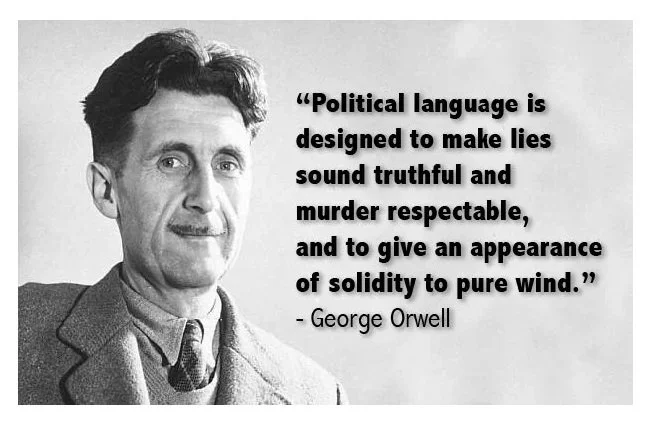San Diego Comic-Con 2018: Geek Mecca or Marketing Sodom and Gomorrah?
In the past decade geek culture has been become increasingly lucrative, as major corporations find new ways to further monetise what was formerly a niche market. Multi-million-dollar movies are tailor made to the caprices of their audiences. Limited edition action figures and other memorabilia are now designed, created and sold not as toys for enthusiastic children but as collectible investments to the middle-aged. Cosplay is no longer the exclusive preserve of fans sporting homemade outfits, but photo opportunities for professional artists with portfolios, looking for sponsorship. Conventions have moved from the church halls and community centres into cutting edge conference facilities and awkwardly rub shoulders with corporate trade shows. Money changes everything and not always for the better.
San Diego Comic-Con is in some ways the jewel in the crown of geek culture. Certainly, from a sales perspective. If you have a new product to sell, be it a book, movie TV show, graphic novel or such like, you’ll be there hawking your wares and working the crowd. Each year there is a never-ending litany of panels and previews, designed to test the water regarding a new product. And the interesting thing is that for every geek that laps up this kind of promotion, you can find another who is unhappy about the way “the man” has taken over proceedings. It’s an analogy that I’ve referred to in previous posts but there is a definite sense from some quarters that people have been thrown out of their own party. The massive promotional campaigns seen as Comic-Con are a far cry from seventies where people sold silk screen printed T-shirts and traded VHS copies of cult TV shows.
One of the curious by products of the commodification of fandom, is that where some members of the target audience feel uncomfortable with the rampant commercialisation of their culture, there are others that feel emboldened by the proceedings. It’s not a stretch to consider the increase in toxic fandom as being a by-product of some fans learning that their spending power equates to a very strong lobby. A big marketing push for a new film or TV show at San Diego Comic-Con, gives the impression that these products have been exclusively tailor made for the audience. However, it should also be noted that a favourable response at Comic-Con has subsequently proven not to be a box office guarantee. Sin City II and Blade Runner 2049 stand as testaments to this. But the attention that big studios, publishing house and games developers have shown to fans (or at least their wallets) in recent year, certainly accounts for the shift in perception that sees some fans considering themselves as equal partners and stakeholders, rather than just consumers.
Reading between the lines, although San Diego Comic-Con is still big by industry standards, there has been an element of business dialling back their expenditure. It will be interesting to see if the “disappointing” box office returns of Solo: A Star Wars Story, is indicative of an eventual geek market crash. We’ve seen it before during the eighties in the video game industry. The horror movie genre is also no stranger to regular boom and bust economics. Commodifying fandom and commercially usurping the community will inevitably have consequences. If one looks at the contemporary “pop” music industry, it has fragmented the market, CD sales have imploded, and it has effectively stifled any major innovation or creativity. Everything is based upon formulas, algorithms and focus groups. I believe such a fate awaits Super Hero movies, science fiction and fantasy TV shows and every other flavour of the month. The downside of commodification is disposability. And while the marketing Sodom and Gomorrah consumes itself (or is destroyed by external forces), I wouldn’t be surprised if small communities and events spring up, back at those community centres and town halls where they originally started.




























